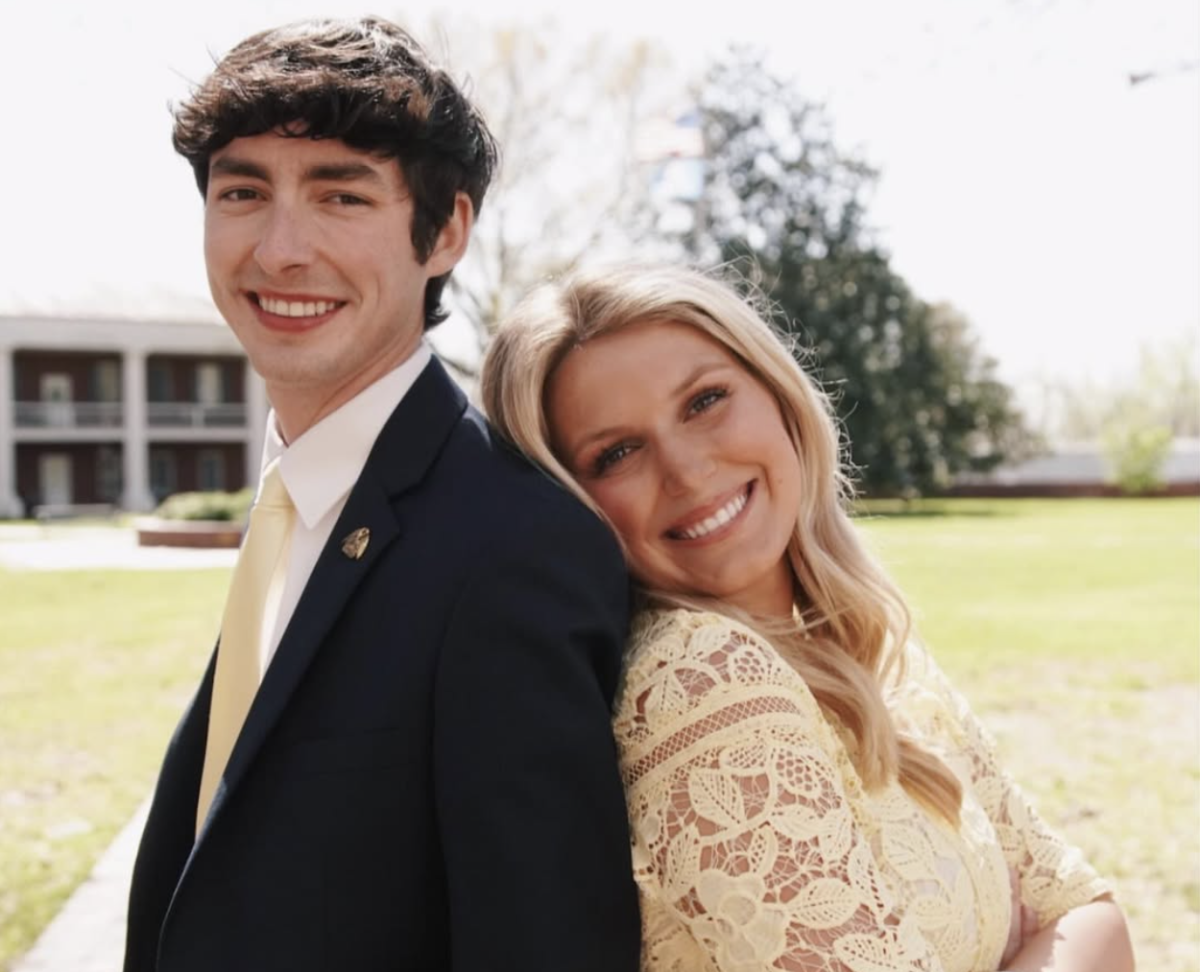Mayor-President Sid Edwards released a proposal Feb. 6 that would seek to redirect funds from East Baton Rouge Parish libraries towards a new pay raise for police officers in an effort to curb crime.
Billed as “boosting police pay,” the press release suggested moving the Library funds over to the general fund, which would free the city-parish to spend the money on the raises as well as “public safety, infrastructure and economic development.”
The proposal also hopes to lower taxes by 12.7%, bringing the millage rate from 11.1 to 9.8%, the largest tax cut in 20 years according to the release.
“Without a doubt, I am committed to making this city safer while increasing the efficiency of taxpayer dollars and preserving the quality of publicly funded institutions,” Edwards said in the release. “Careful consideration has been made to ensure that we will maintain the best publicly-funded library system in the state. I am looking forward to working with the EBR Metro Council to better prioritize how the city-parish spends valuable taxpayer money.”
The Metropolitan Council will vote in March on whether to put the proposal to a community vote in October, but that didn’t stop fans of the Library from showing up at the council’s Feb. 12 meeting concerning the renewal of the Library’s millage rate to show their opposition to the proposed changes.
Abby Selser, a junior anthropology major at LSU, was at the meeting to protest the proposal.
“It was just frustrating in the moment, and now, it’s still definitely frustrating, but now that people are responding to it, I’m more hopeful that it’s not gonna happen,” Selser said about her reaction to the proposal.
Selser doesn’t have Wi-Fi at her home, so she goes to the library’s downtown branch to do her work. According to her, it’s this community reliance on the library that makes protecting it so important.
“When the library does so much, you know, it’s a community center; they help support people getting jobs,” Selser said. “It’s a safe space for teens … that is a safe space we have, and we need to protect that.”
The Metro Council meeting itself was packed, with somebody overheard saying there could have been at least 100 people waiting to comment.
Library representatives spoke on its achievements serving 311,000 cardholders, 69% of the parish, and its community outreach efforts comprising 14 different branches, mobile libraries and thousands of programs and resources.
After an analysis, the Library realized it could operate with a lower millage rate, proposing their own decrease from 11.1 to 10.5%, 0.7% higher than Edwards’ proposed rate of 9.8.
For two hours the public told their stories of the Library, from people in their 90s to a six-year-old girl, all in favor of protecting the community staple.
“Give us the opportunity to decide for ourselves if we want to impose this tax again on ourselves, to sustain what is this wonderful library system that has been built over many years and can continue to grow and continue to serve everyone in this parish,” said local business owner Sonny Cranch during his comment.
Ben Wentz, a library worker, used last month’s unprecedented snowfall as an example of why the Library is so important in supporting the community.
“What was open during the snowstorm? It wasn’t the police department, it was the Library … They save people’s lives,” he said.
Local consultant Nick Laborde further emphasized the Library’s community impact, as well as its national recognition.
“The Library is not a place, it’s not a book warehouse, it is a community institution … How many of us our whole lives have heard Louisiana 48, 49, 50?” Laborde asked. “This is something we are number one, or close to number one at, and we need to keep being number one.”
Laborde continued by saying that he had seen this before. From Lafayette, he said years ago the city discussed libraries having a surplus, resulting in deep budget cuts which their libraries are still affected by today.
The Metro Council appeared uncertain what to do about the Library’s funding, and failed to reach a resolution before the meeting ended, punting decisions on both the Library’s and Edwards’ proposals to their meeting in March.












